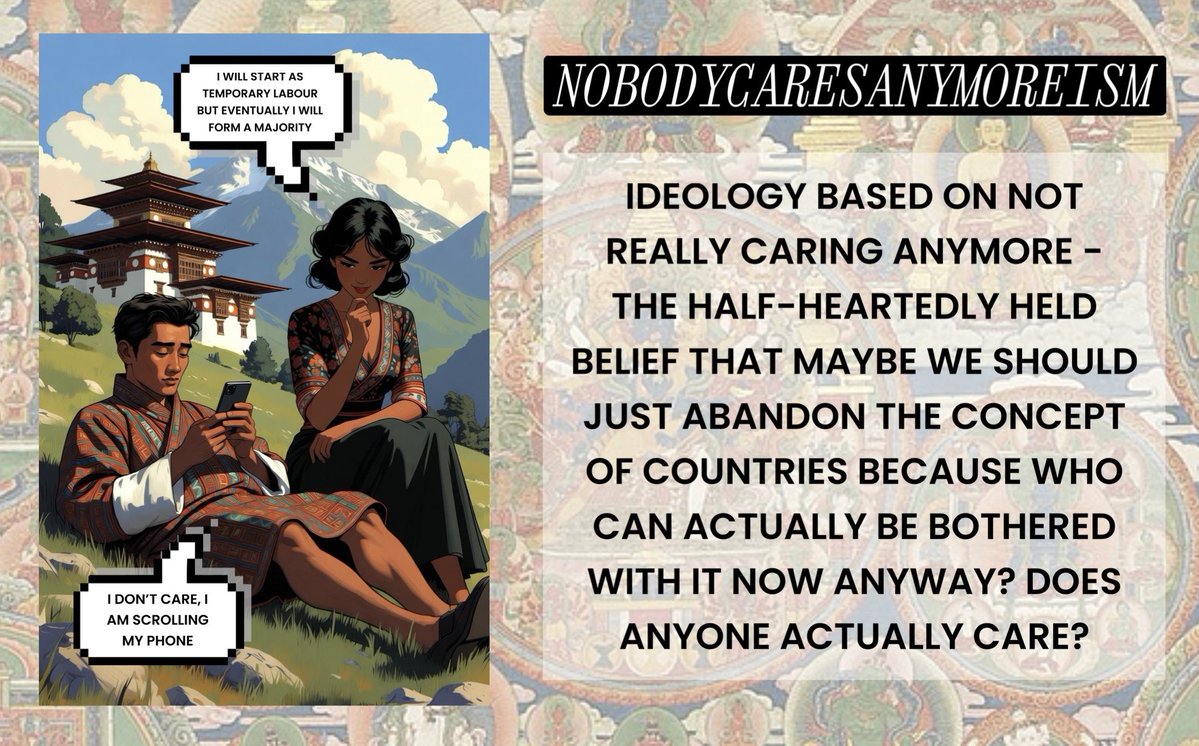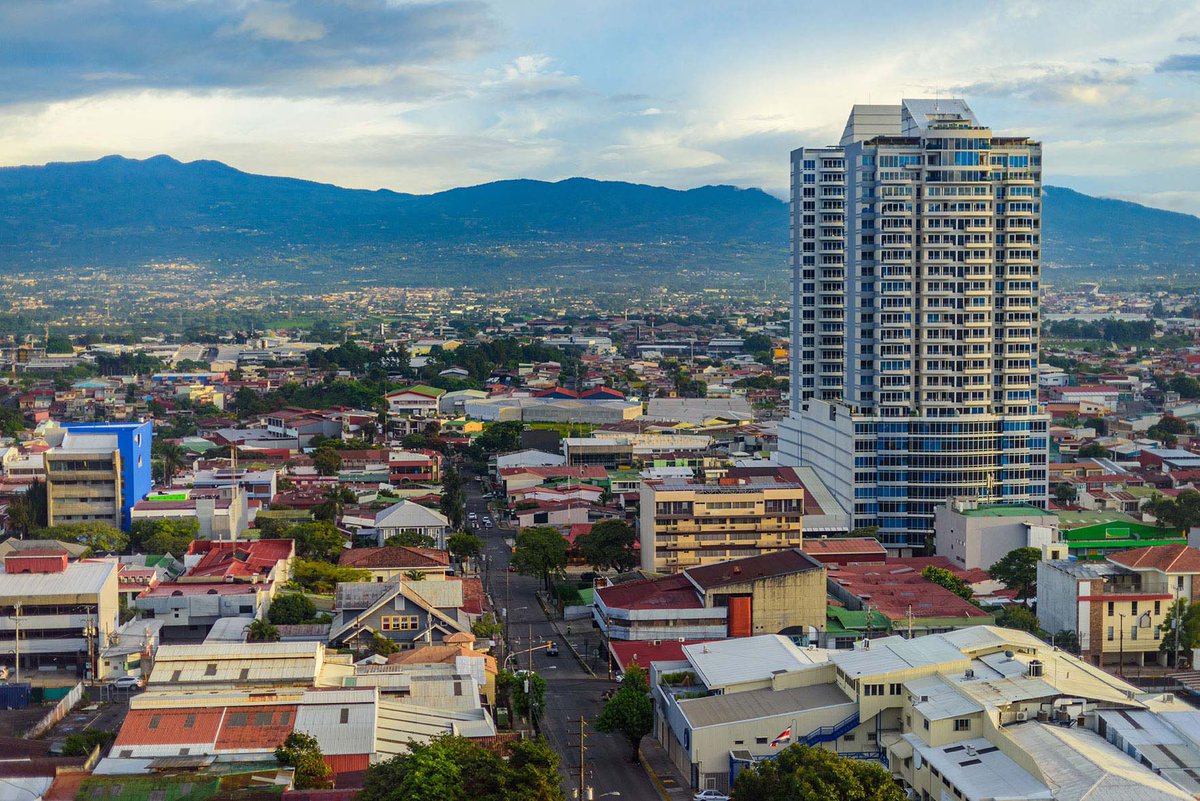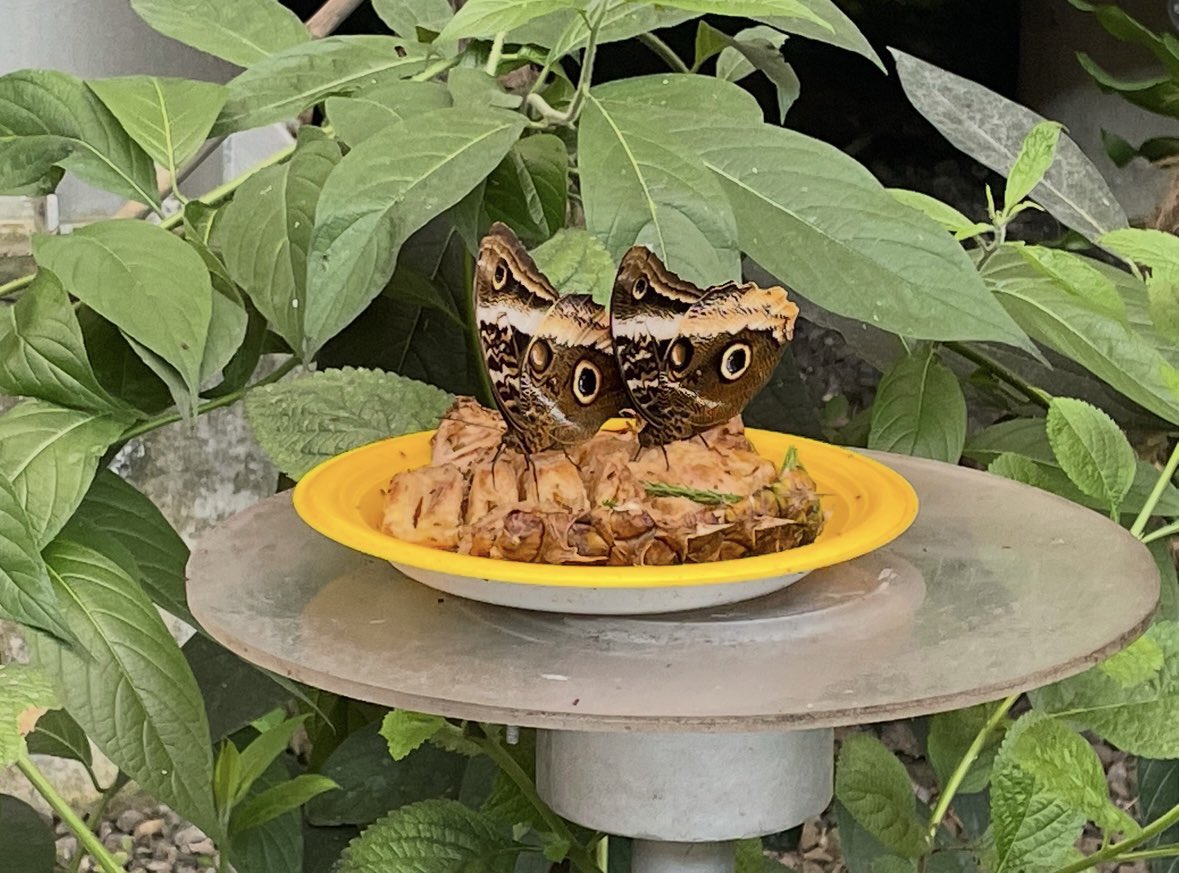COMPILATION THREAD of Africans tweeting about fraudulently completing family members’ medical degrees
After a now deleted tweet about Africans completing medical degrees for relatives went viral, some Africans began jokingly sharing their own experiences with degree fraud 🧵




After a now deleted tweet about Africans completing medical degrees for relatives went viral, some Africans began jokingly sharing their own experiences with degree fraud 🧵




Influencer records video telling African Community off for tweets admitting to malpractice
https://twitter.com/rejiyates/status/1767521156951691698
According to the British General Medical Council, doctors who qualify outside of the UK are 3x more likely to be referred to them for malpractice vs UK trained doctors:
They apparently regard it is a disparate outcome to be remedied by DEI policy gmc-uk.org/about/how-we-w…

They apparently regard it is a disparate outcome to be remedied by DEI policy gmc-uk.org/about/how-we-w…

In Ireland, of the 104 cases of medical misconduct from 2008-2023, 84% were non-Irish
medicalcouncil.ie/Public-Informa…

medicalcouncil.ie/Public-Informa…

Another useful compilation thread RE ongoing debates about Medical Malpractice

https://twitter.com/compositeguy_/status/1693967468316733469

Compilation of Afro Community TikToks discussing fraud and malpractice
https://twitter.com/juice8882/status/1767521689481412635
• • •
Missing some Tweet in this thread? You can try to
force a refresh















































